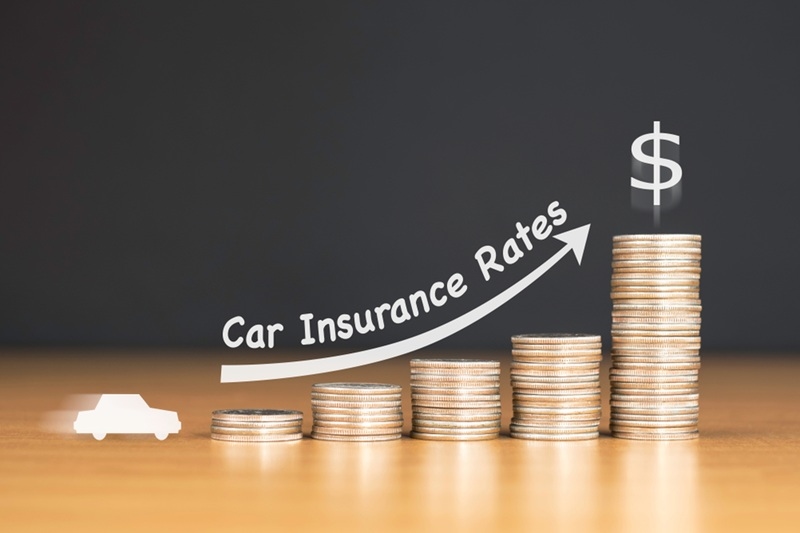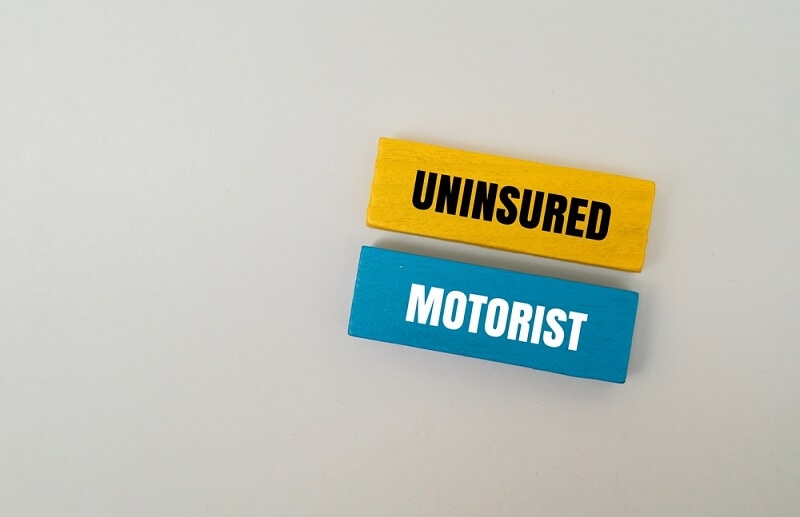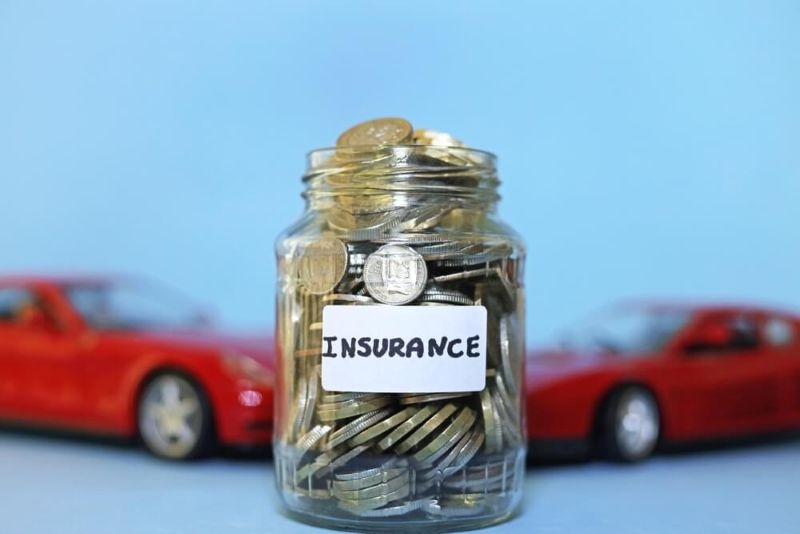Top Factors That Affect Your Car Insurance Premium
Top Factors That Affect Your Car Insurance Premium


Car insurance premiums can really vary based on a bunch of factors, some you can control and some you can't. Knowing these factors is super important when you're buying or renewing an insurance policy. Even though it might feel like insurance companies just pull numbers out of thin air, the premium you pay is based on specific criteria that help them figure out how risky you are as a driver. In this blog, we’ll go over the main things that influence your car insurance premium and how you might be able to manage them to save some money.
1. Driving Record and Claims History
Your driving record is a big deal when it comes to your car insurance premium. Insurers see drivers with clean records—no accidents, speeding tickets, or other violations—as less risky. On the flip side, if you've got a history of traffic violations or accidents, expect to pay more since they see you as a higher-risk driver. mYour claims history matters too. If you've filed a bunch of claims, especially for accidents where you were at fault, insurers might think you’re more likely to file again. This can bump up your premium. To keep costs down, focus on having a good driving record and try to avoid filing claims for minor issues you can handle yourself.
2. Age and Driving Experience
Your age and how long you've been driving also play a role in your car insurance premium. Younger drivers, especially those under 25, usually pay more because they statistically have more accidents. Inexperienced drivers of any age are seen as a higher risk, which drives up insurance costs. On the other hand, older, more experienced drivers typically get lower premiums. However, once you hit 65, your rates might start to creep up again since insurers may see you as more likely to have accidents due to age-related declines in reaction time and vision. So, gaining experience and staying accident-free can help bring down your insurance costs over time.
3. Type of Vehicle

The make, model, and year of your car can really affect your insurance premium. High-performance cars, luxury rides, and sports cars often cost more to insure because they're pricier and have higher repair costs. Plus, these types of vehicles are often involved in speeding incidents or other risky behavior, which increases the insurer's liability. Cars that are more commonly stolen usually have higher insurance premiums too. Some models are just magnets for thieves, which means insurers charge more to cover potential theft claims. On the bright side, cars with advanced safety features like anti-lock brakes and airbags might qualify for discounts since they’re seen as less risky to insure.
4. Location and Residence
Where you live is another big factor that affects your car insurance premium. Insurers look at the risk of accidents, theft, and vandalism in your area when setting your rates. Urban areas often have higher premiums due to more accidents, heavy traffic, and higher crime rates. In contrast, rural areas usually have lower premiums since there’s less congestion and crime. Also, some states have higher minimum insurance requirements, which can raise your coverage costs. If you live in a state with a lot of uninsured drivers or a history of high claims, your premium might be significantly higher. So, while you can’t control where you live, it's good to know how it impacts your rates.
5. Credit Score
In many places, insurance companies look at your credit score when deciding your car insurance premium. Studies show a connection between credit scores and the likelihood of filing claims, with lower scores often leading to more claims. Because of this, insurers tend to charge higher premiums to drivers with poor credit since they’re seen as higher risk. Improving your credit score can help lower your insurance costs. Paying bills on time, cutting down debt, and managing your credit wisely can boost your score. Just keep in mind that not every state allows insurers to use credit scores for premiums, but for those that do, it can really make a difference in what you pay.
6. Annual Mileage and Usage
How much you drive and what you use your car for can also impact your car insurance premium. The more miles you log, the higher your risk of being in an accident, simply because you’re on the road more. So, higher mileage often means higher premiums. The purpose of your driving matters too. If you mainly use your car for commuting or business, you might face higher premiums than someone who only drives for leisure. Insurers often see cars used for work or commuting as more likely to be in accidents because of all the time spent in traffic. Cutting down on your annual mileage or carpooling could help lower your premiums.
7. Gender and Marital Status
It might seem random, but your gender and marital status can influence car insurance premiums. Statistically, young male drivers tend to have more accidents than females, which can lead to higher premiums for men in certain age groups. However, as drivers age, the difference in insurance rates between genders usually gets smaller. Marital status is another consideration for insurers. Married folks often get lower premiums than single people because they’re statistically less likely to have accidents. Insurers think married drivers are more likely to drive safely and avoid risky behavior, which lowers their risk profile.
8. Deductible and Coverage Level
The coverage you pick and the deductible you set can directly affect your car insurance premium. A higher deductible—meaning you pay more out of pocket before your insurance kicks in—usually leads to a lower premium. On the other hand, going for a lower deductible typically raises your premium since the insurer takes on more financial responsibility for claims. The level of coverage you choose matters too. Comprehensive and collision coverage offer more protection but come with higher premiums. If you have an older car with a low market value, you might want to drop comprehensive or collision coverage to save on your premium. However, full coverage is often necessary for newer or financed vehicles, which can drive up insurance costs. Finding the right balance between coverage and cost is key to managing your premium.
9. Insurance Discounts
Many insurance companies offer various discounts that can help lower your premium. Some common ones include:
- Safe driver discounts: For folks with clean driving records and no recent claims.
- Multi-policy discounts: When you bundle your car insurance with other policies like home or renters insurance.
- Good student discounts: For young drivers who keep up good grades in school.
- Vehicle safety discounts: For cars with advanced safety features like anti-theft devices or airbags.
- Low mileage discounts: For drivers who rack up fewer miles than average each year.
Taking advantage of these discounts can really help you save on your car insurance premium. Always ask your insurer about any discounts you might qualify for when you’re shopping for a policy.
10. Insurance Company and Market Conditions
Lastly, the insurance company you go with and the overall market conditions can affect your premium. Different insurers have different ways of assessing risk, so one company might give you a better rate than another for the same coverage. That’s why it’s super important to shop around and compare quotes from several insurers to get the best deal. Plus, external market conditions like inflation or economic downturns can impact insurance rates. For example, if repair costs or medical expenses go up, insurers might raise premiums across the board. While you can’t control market conditions, staying informed and looking for competitive rates can help you manage your insurance costs.
Some Key Takeaways
Managing your car insurance premium takes a smart approach, focusing on what you can control while making smart choices about what you can’t. Here are some tips to help you save money and get the best bang for your buck:
- Drive safely and keep a clean driving record. Avoiding accidents and traffic tickets can help you dodge higher premiums. Being a defensive driver and knowing the rules of the road will help you keep that record spotless, which insurance companies love and reward with lower rates.
- Think carefully about the car you pick—whether you’re getting a new ride or insuring your current one. Those flashy high-performance or luxury cars might look cool, but the insurance costs can be a bummer. Instead, go for cars with great safety ratings and low repair costs to keep your premiums manageable.
- If you live in a state where your credit history matters, work on boosting your credit score. It might seem unrelated to how you drive, but many insurers use it as a risk factor. A better credit score can really lower your premium, so improving it is a win-win for both your insurance and your overall finances.
Conclusion
Car insurance premiums are influenced by a lot of factors, many of which you can manage or tweak to some degree. Understanding what drives your premium can help you make smart choices when picking a policy, potentially saving you money down the line. While some factors, like your age or location, are out of your hands, others, like keeping a clean driving record, boosting your credit score, and snagging discounts, can help lower your premium. By being proactive and informed about these factors, you can find the right coverage at a price that works for your budget.
This content was created by AI



